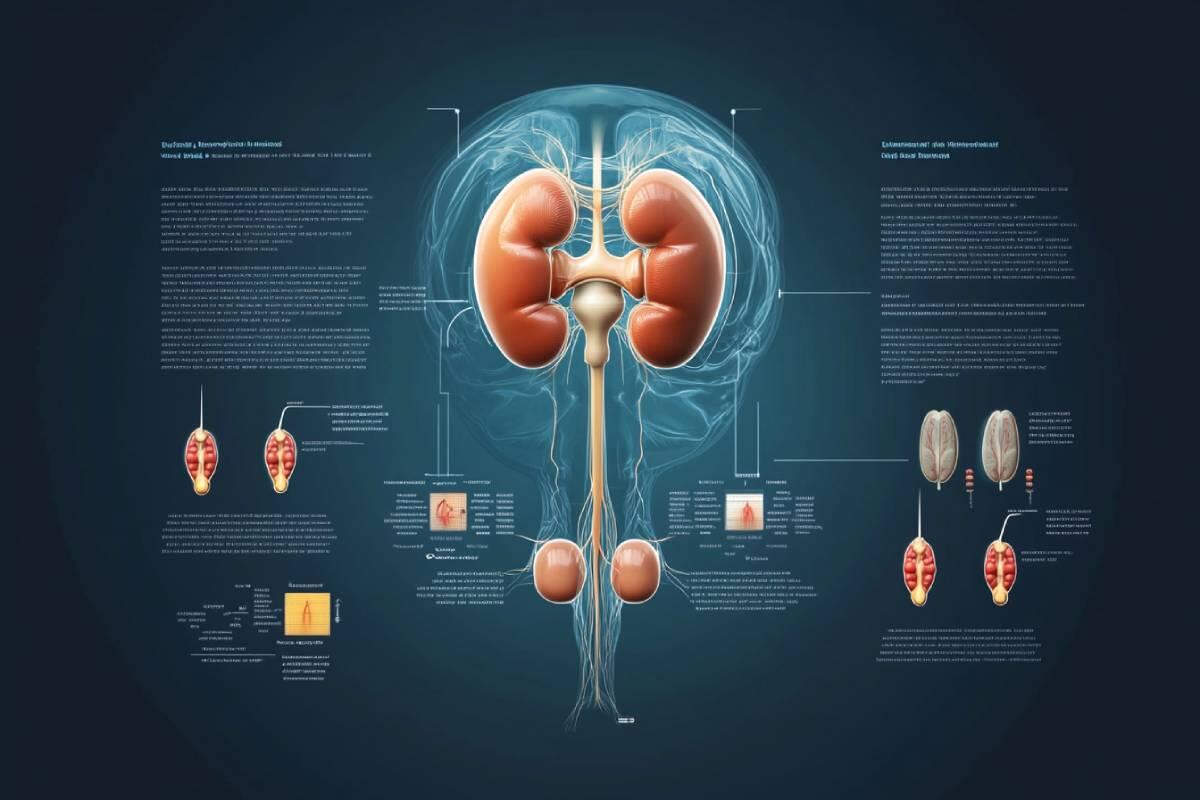Frequent Urge to Urinate: Causes and What to Do
Experiencing a constant need to urinate can be both uncomfortable and disruptive to daily life. While it might seem trivial, frequent urination can indicate underlying health issues that should not be ignored. Understanding its causes and knowing when to seek medical help are essential steps in managing this condition.
At Clinic Consultation, we specialize in identifying and addressing urinary concerns. Our team provides professional care tailored to help you regain control of your bladder health.
1. Common Causes of Frequent Urination
There are several potential causes for a frequent urge to urinate, including:
- Urinary Tract Infections (UTIs): UTIs are among the most common causes and often accompany a burning sensation during urination.
- Diabetes: High blood sugar levels can cause increased thirst and urination.
- Overactive Bladder Syndrome (OAB): This condition involves involuntary bladder contractions leading to urgency.
- Pregnancy: Hormonal changes and pressure on the bladder can increase urinary frequency.
Identifying the underlying cause is critical. Specialists at Clinic Consultation can perform comprehensive evaluations to provide an accurate diagnosis and effective treatment.
2. Symptoms Associated with Frequent Urination
Frequent urination often comes with additional symptoms, which can help pinpoint the cause:
- Pain or Burning: May indicate an infection.
- Increased Thirst: Often associated with diabetes.
- Fever or Flank Pain: Could signal a kidney infection.
- Incontinence or Leakage: Common in overactive bladder or pelvic floor issues.
If you experience these symptoms, it’s time to consult a healthcare provider. At Clinic Consultation, we prioritize your comfort and well-being while addressing these concerns.
3. How to Manage and Treat Frequent Urination
Management depends on the cause, but some general strategies include:
- Lifestyle Changes: Reducing caffeine and alcohol, staying hydrated, and maintaining a healthy diet.
- Medications: Antibiotics for UTIs or anticholinergics for overactive bladder.
- Pelvic Floor Exercises: Strengthening pelvic muscles can help reduce urgency and leakage.
For tailored advice and treatments, our experts at Clinic Consultation provide personalized care plans to suit your needs.
4. When to Seek Medical Help
While occasional increased urination might not be concerning, certain situations require immediate attention:
- Persistent Symptoms: If frequent urination lasts more than a few days.
- Severe Pain: Accompanied by blood in the urine or high fever.
- Disruption to Daily Life: If it affects your sleep, work, or social activities.
Our dedicated professionals at Clinic Consultation are equipped to address even the most complex urinary concerns, offering solutions that restore your quality of life.
5. Preventing Frequent Urination
Prevention strategies depend on the root cause but may include:
- Staying Hydrated: Drinking enough water while avoiding irritants like caffeine.
- Practicing Good Hygiene: Reducing the risk of infections.
- Regular Medical Checkups: Early detection of underlying conditions like diabetes or OAB.
Preventive care is an essential part of maintaining urinary health. Book an appointment with Clinic Consultation to learn more about keeping your bladder healthy.
Conclusion
Frequent urination can significantly impact your daily life, but with proper care and timely intervention, it is manageable. Understanding the causes and seeking professional help when necessary ensures that you can regain control and comfort.
Don’t let urinary issues go unresolved. Contact Clinic Consultation today to schedule a consultation with our experts and take the first step toward better bladder health.
